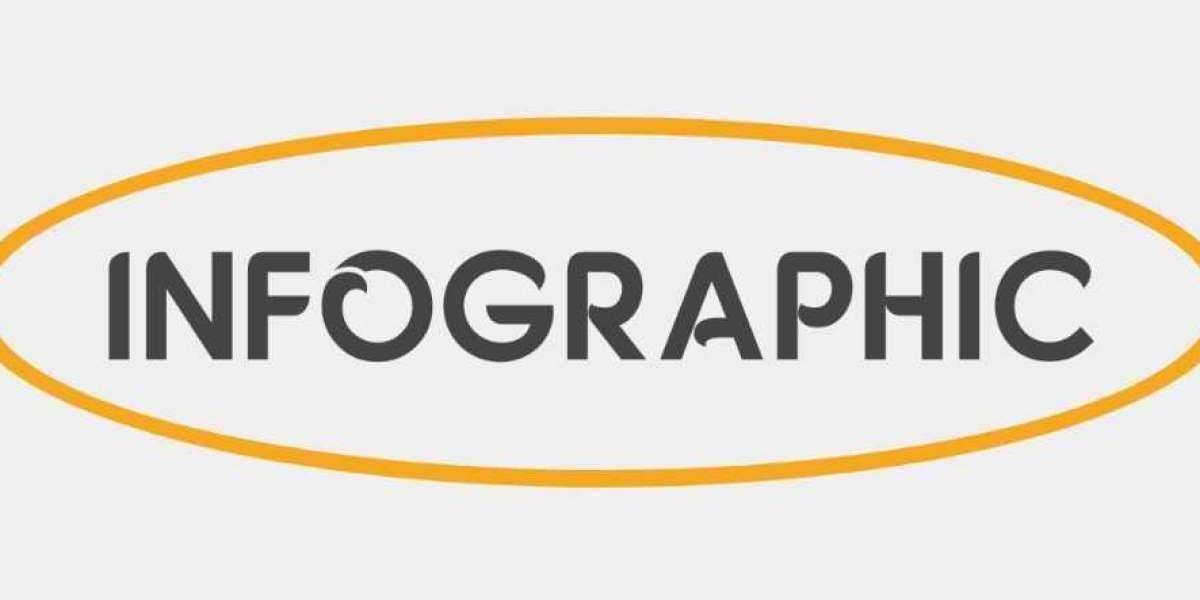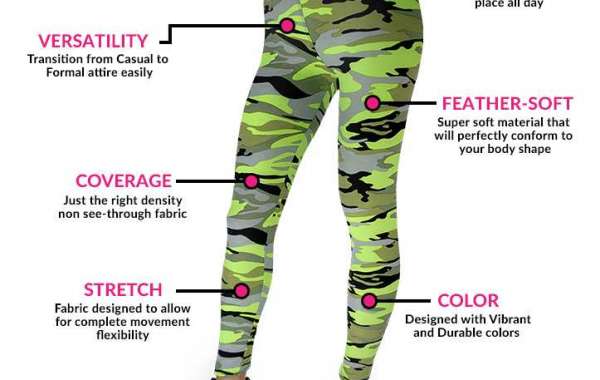Market Scope
Market Research Future (MRFR) assessed the global optical biometry devices market 2021 for the analysis period till 2027. According to MRFR analysis data, the optical biometry device market is expected to surge at 5.6 CAGR over the review period. By 2027, the optical biometry device market is likely to value USD 275.0 Mn.
Market Drivers and Restrains
Ophthalmic biometry, also called as optical biometry, is the current standard used in the calculation of intraocular lens (IOL) power in clinical practice and measure the anatomical characteristics of human eye. Optical biometry with partial coherence interferometry (PCI) offers highly accurate and reliable results. It is not only easy to perform but is non-invasive and is comfortable to patients. The expansion of aging group, increase in awareness about optical biometry and its advantage over ultrasound can benefit market in the years to come. The surge in cases of refractive and cataract and surgeries is also expected to promote the market expansion in the years to come. On the contrary, lack of expertise and surge in cost of optical biometry devices are causes that can hinder the upsurge of optical biometry device market in forecast tenure. The introduction of next-generation optical biometry devices that can offer undetected poor fixations with optical ultrasound biometry devices can benefit the market in the near future. In addition, these the increasing awareness about devices that are highly efficient and eliminate manual errors that are observed in case of traditional biometry devices can prompt the market growth.
The impact of COVID 19 on the global supply of biometric devices market is significant. The optical biometry market dynamics is largely depend on the globally stabilization and the full capacity functioning of the manufacturing units of companies. However, the increase in demand for contact-based biometric systems can prompt the market rise in the years to come.
Optical Biometry Devices Market Key Players
Leica Microsystems GmbH, Carl Zeiss AG, Haag-Streit AG, NIDEK CO., LTD., Bausch Lomb Incorporated, Topcon Corporation, Welch Allyn, Inc., Tomey Corporation, Heine Optotechnik GmbH Co. KG, AMETEK, Inc., Optovue, Incorporated, and CENTERVUE S.p.A. are some major companies in the global optical biometry devices market that are profiled by MRFR.
Segmentation Assessment of Optical Biometry Devices Market
The segment study of the global Optical Biometry Devices Market Size is based on end user and product.
The product-based segments of the optical biometry device market are partial coherence interferometry (PCI)-based biometers, swept-source optical coherence tomography (SSOCT)-based biometers, and optical low coherence reflectometry (OLCR)-based biometers. The segment of swept-source optical coherence tomography (SSOCT) can hold the largest market share by 2027. Features, such as; fast data acquisition, multiple measurements in a single process, and high capability to overcome superior wavelength and ocular opacities of SSOCT can contribute to the expansion of the market. The segment of partial coherence interferometry-based biometers (PCLI) is expected to register rapid rise in the market. PCIL offers advantages of reproducibility of axial length (AL) that provide greater reliability in results.
The end user-based segments of the optical biometry market are ophthalmic clinics, and hospitals among others. The gradual increase in number of private and government hospitals with high adoption rate of optical biometry devices can benefit the market in the review period. The rise in count of ophthalmic clinics to promote market upsurge.
Regional Study of Optical Biometry Devices Market
The optical biometry devices market in the Americas is expected to earn substantial turnover in the years to come. A large portion of the revenue generated is by key marketers in the region. The growing cases of cataract and refractive surgeries and well-established healthcare infrastructure can contribute to the upsurge of the market in the near future. In Europe, the optical biometry devices market can rise at high pace due to rise in the number of cataract procedures in the region, along with the growth inducers responsible for the Americas market. In Asia Pacific, the optical biometry devices market profit can rise owing to spreading awareness about optical biometry and hike in healthcare spending in Australia, India, and Japan. In Middle East Africa, the optical biometry devices market in the region can rise at modest pace by 2025. The expansion of healthcare sector in MEA and investment by Gulf Cooperation Council (GCC) countries, such as; Kuwait, Saudi Arabia, the Bahrain, United Arab Emirates, Qatar, and Oman can promote the market in the years to come.
About US:
Market Research Future (MRFR) enable customers to unravel the complexity of various industries through Cooked Research Report (CRR), Half-Cooked Research Reports (HCRR), Raw Research Reports (3R), Continuous-Feed Research (CFR), and Market Research Consulting Services.
Contact us:
Market Research Future (part of Wantstats Research and Media Private Limited),
99 Hudson Street,5Th Floor, New York,
New York 10013,
United States of America
















